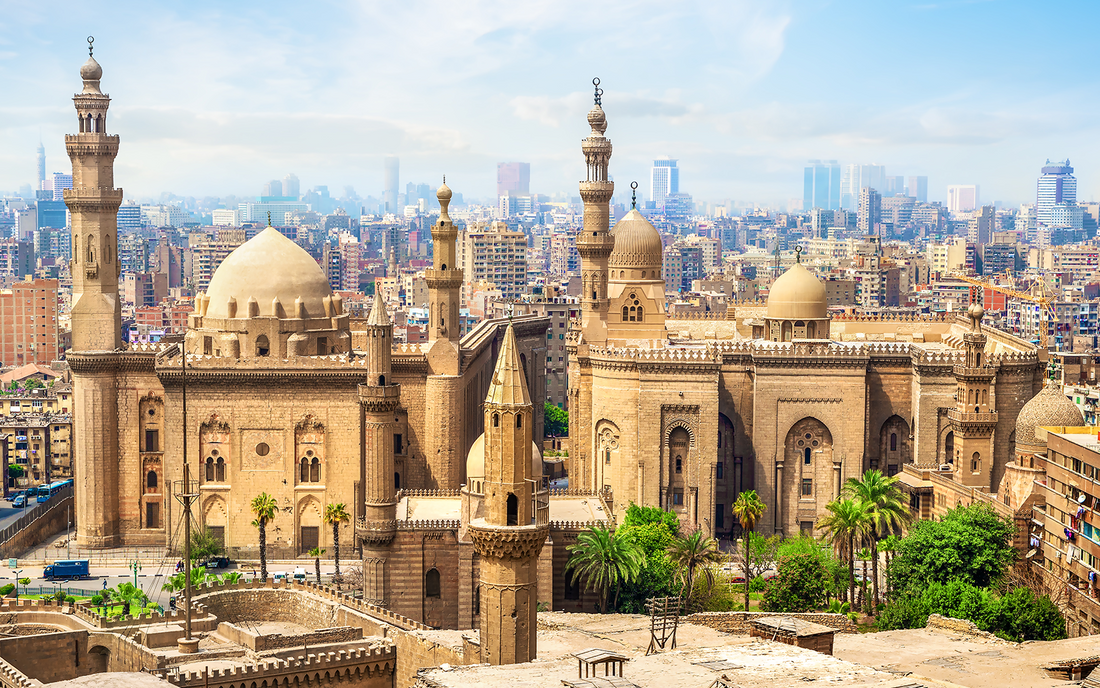
Islamic Cairo at a glance
Amr ibn al-As: The founder of Islamic Cairo
Cairo, the capital of Egypt, is one of the oldest and most historic cities in the Islamic world. Cairo's origins lie in the foundation of the first mosque in Africa, the Mosque of Amr ibn al-As , built in 641 AD. Amr ibn al-As was a companion of the Prophet Muhammad (peace be upon him) and the Arab general who conquered Egypt for Islam. The construction of this mosque laid the foundation for an Islamic community in Egypt, and Cairo became a center of religion, culture, and politics.
From then on, Cairo developed through different historical periods, each leaving its own mark on the city.
Key Periods in Cairo's History
The Fatimid Period (10th - 12th century)
In 969, the Fatimids, a Shiite dynasty, founded the city of Al-Qahira (Cairo). They made Cairo the political and religious center of their empire. During this time, the famous university and mosque of Al-Azhar were also founded, which remains a global center of Islamic learning.
The Ayyubid and Mamluk Periods (12th–16th centuries)
The Ayyubids, led by Sultan Salah ad-Din (Saladin), recaptured Cairo and fortified the city with new walls and fortifications. During the Mamluk period, Cairo flourished as a center of trade, art, and Islamic architecture, with magnificent mosques, madrassas, and caravanserais.
Ottoman Period (16th - 19th century)
In 1517, Cairo came under Ottoman rule. Although the city declined in political importance, it remained a significant religious center. New buildings and bathhouses were added, enriching the urban fabric.
Modern Period and Colonial Influences (19th - 20th centuries)
Under the leadership of Mehmet Ali and later the British occupation, Cairo modernized significantly. Wide streets, bridges, and modern infrastructure were built, allowing the city to blend its character of an old historic city with modern urban development.
Contemporary Cairo
Today, Cairo is a metropolis of over 20 million inhabitants, a blend of old and new. It is a vibrant city where Islamic traditions blend hand in hand with modern culture, and it remains an important religious, cultural, and educational center in the Islamic world.
